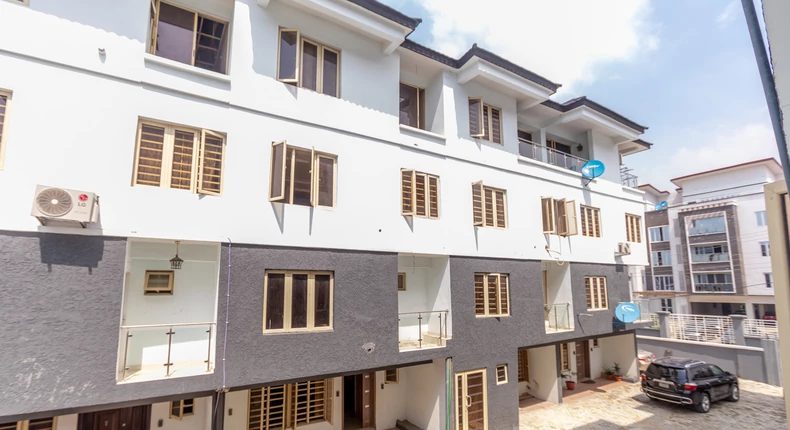Experts in real estate have called for greater attention in the sector in order to harness the economic potentials of the industry.
The experts made the call at a symposium titled “Real estate as a tool for economic transformation.”
The symposium was organised by the Lagos Business School Alumni Association, and anchored by the Chief Executive Officer of Global PFI, Dr. Muhammed Kassim Balogun.
During her presentation, the Managing Director, Afriland Properties, Mrs. Uzo Oshogiwe, said the real estate sector was bogged down by too many contentious taxes and charges with ambiguous applications that the government should align for the good of the nation’s economy.
She noted that the major loopholes in tax collection were due to government’s inefficiency, as this was promoting a lack of trust in a sector worth over $5bn.
According to her, in developed nations, property taxes were used to finance very visible services, infrastructural projects and other essential utilities.
Oshogiwe said, “I believe that the government and every other person needs to pay a lot more attention to real estate, because I believe that real estate can actually give us the boost that we require.
“It is time to give oil a rest and look at other things. A lot of people have talked about agriculture. I’m thinking, what about real estate?”
On his part, the Founder and CEO of Estate Intel, Dolapo Omidire, stated that buying a house or building one’s home would rank among the single biggest decisions one would ever make.
He said it was high time the government and private sector explored possibilities that would help people acquire their own homes.
Omidire said, “What is really important here is how big the residential real estate market is. By the time you add commercial real estate and agricultural land which are other sub segments, you can see that it accounts for quite a lot, and from a scaled perspective, it is very massive.
“The real essence of showing this is to demonstrate the sheer impact that the real estate market currently has and can have, even with little growth or improvement or a small or big decline. The size of it is phenomenal.“
The CEO of Landmark Africa, Paul Onwuanibe, said the best way to realise the economic prospects of a real estate investment would be to view it as a long term investment.
The real estate mogul also spoke on why it had become necessary for Nigeria to adopt the popular Section 106 of the Town and Country Planning Act, enacted in the United Kingdom in 1990.
Section 106 is a legal agreement between an applicant seeking planning permission(opens in new tab) and the local planning authority, which is used to mitigate the impact of your new home on the local community and infrastructure.
In other words, a new house will mean another car(s) on the roads and perhaps your children will attend nearby schools, putting a little more strain on local services.
As such, Section 106 Agreements often require a financial contribution, made prior to the project starting. Unlike the Community Infrastructure Levy(opens in new tab) which is tariff-based, Section 106 is charged based on the specific needs of the local community and some councils use the number of bedrooms in the new home to decide what this charge should be.
A council, for example, might ask for a contribution to the local school for a new four-bedroom family house in an area with limited school places.
























![Green Building Materials Market Trends [2023-2030]](https://housingcable.ng/wp-content/uploads/2022/04/csrgreen-building_Cisco_04222022-218x150.png)










